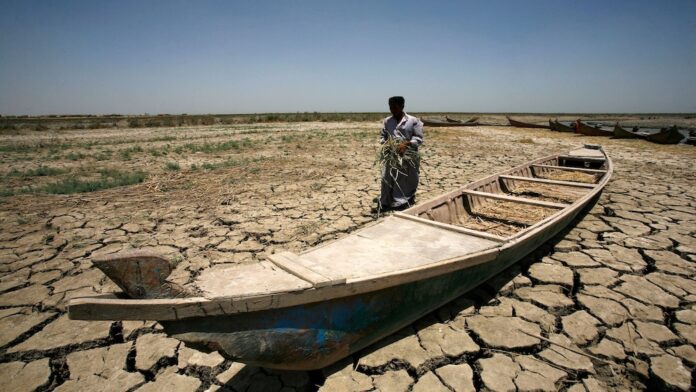The water problem in Iraq is a matter of multiple dimensions for the country’s health and agricultural future, which is certainly reflected in its social reality as well as in its external relations with neighboring countries with which it shares its water resources.
It is also known that Iraq enjoys important water resources such as Tigris, Euphrates, their tributaries, and Shatt al-Arab, as well as groundwater. However, the features of the water crisis in Iraq have begun to emerge from the drought that took place in the summer of 2018, particularly due to the lack of rain during this year, which has drawn attention to the weakness of water policies in Iraq.
Iraq has a large number of dams that absorb vast amounts of water, namely, the Dokan Concrete Dam, the Derbandkhan Al-Rakami Dam, the Hamrin Dam, the Mosul Dam, the Dahok Dam, and the Adhaim Dam, as well as dozens of pipes that contribute to water conservation, but since 2003 Iraq has not added any new dams, despite the large population expansion and the increasing urgency of water, as well as the apparent weakness in the management of the water resource file with the source States.










